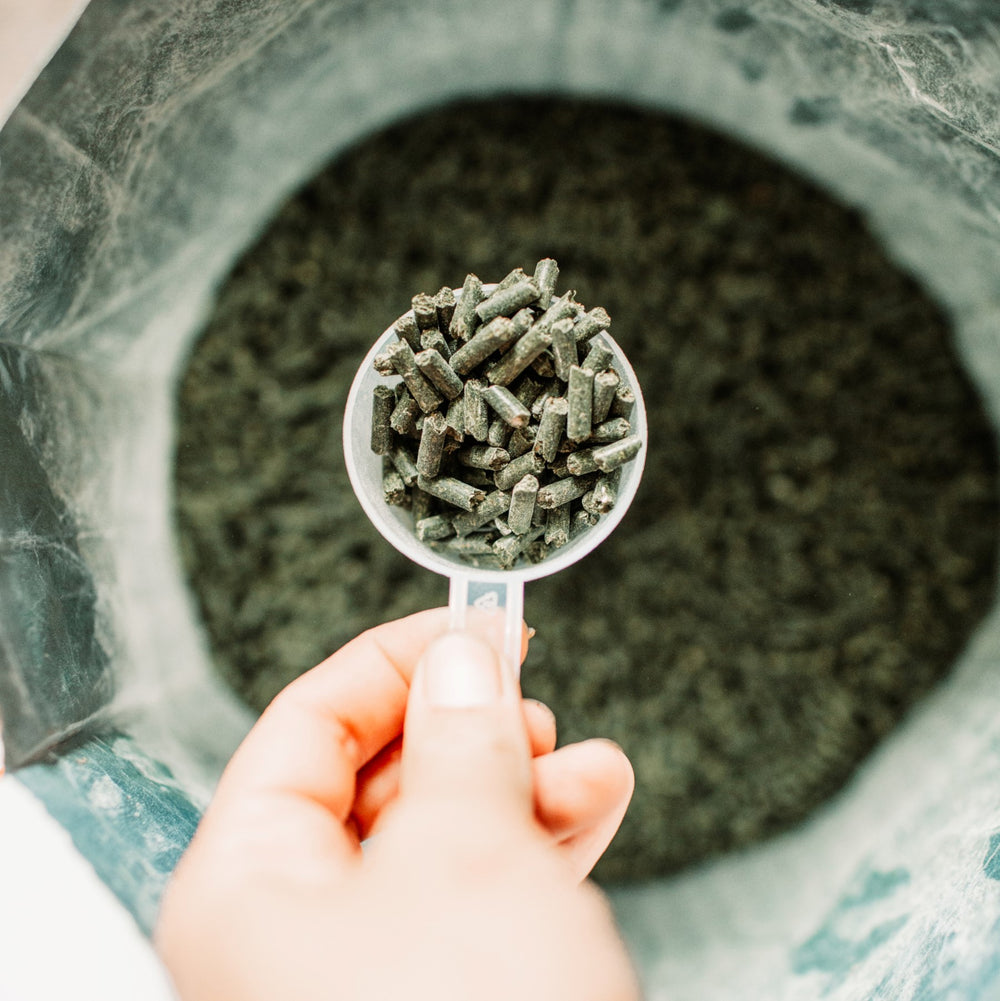
Nikita Stowers MSc (Nutrition) BSc (Animal Science) BBS
Equine Nutritionist – Veterinary and Nutritional Integration LTD
New Zealand has been hit hard with several natural disasters over the last year and the effects are truly devastating. Most recently Cyclone Gabrielle has seen so many people and animals lose their lives, homes and livelihoods in serious flooding, and it is heartbreaking to see. For horses that have managed to survive, the struggle unfortunately won’t end there. The horses gut may be so compromised that they will need a lot of extra help and digestive support to gain weight and become healthy again.
Here's our list of feeding tips to help affected horses
Fibre first
It is very likely that your horse has gone some time without eating quality forages or without eating at all and it is therefore important to help reestablish the horses microbiome in the gut. The way to do this is by introducing a few different fibre sources slowly to the diet to help build up the bugs in the gut again.
Remember that a horse needs at least 1.5-2% of their bodyweight in fibre daily to maintain a healthy gut, however this may not be possible at first especially if your horse has been starved for an extended period of time.
Lucerne
Lucerne is a great source of readily available calories and digestible protein and essential amino acids. It is widely used for horses needing to gain weight and a feeding schedule for starved horses has been established by the University of California, Davis.
Feeding small amounts of lucerne (approximately half a kg depending on the size of the horse) at four hourly intervals is recommended for the first three days.
This can be gradually built up to approximately 6kg Lucerne after 10 days over three feeds. If by day 10 the horse is consuming all of the lucerne offered to them you can offer more lucerne.
It is important not to feed grain based feeds during this time even though you might be tempted for weight gain. The idea is to re-establish the gut microflora using fibre. If your horse has lost their appetite try Stress Paste to get them eating again.
Slow and steady
When a horse has dropped a significant amount of weight in a small period of time it can be tempting to give them a lot of food to help them gain weight. This can be counterproductive and it is important not to overload their digestive system, especially in the first two weeks when feeding a horse that has been starved or has had a lack of food for some time.
Gut support for your horse
While you are feeding a horse fibre based feeds to get their gut working again, you can also start to introduce some quality gastrointestinal support to kick start the process and further improve their gut health.
Digestive EQ contains digestive enzymes, pH buffering, pre and postbiotics for gut protection and repair as well as amino acids to help repair the gut wall. If you are feeding your horse more grain in their diet, try Digestive HP.
Sometimes feeding fibre alone is not enough and adding a quality, supportive gut product can really help your horse along their healing journey to better health.
Measure progress
Weigh your horses feeds out so you know how much they are getting of each feed and try and increase this amount slowly up to the safe feeding level. Check the feed packaging for recommended feeding rates. A ‘1kg scoop’ is not necessarily 1kg in weight of all feeds!
Track your horse's progress using photos and a weigh tape, especially if you don’t have access to horse scales, which most of us don’t. Doing this will help you see the small gains that we may miss with our eye especially if we see our horse every day. This can also help you stay motivated and know you are making progress!
Do you feel you need specific advice to care for your horse? We're here to help. Just chat with us now, or send us an email.














